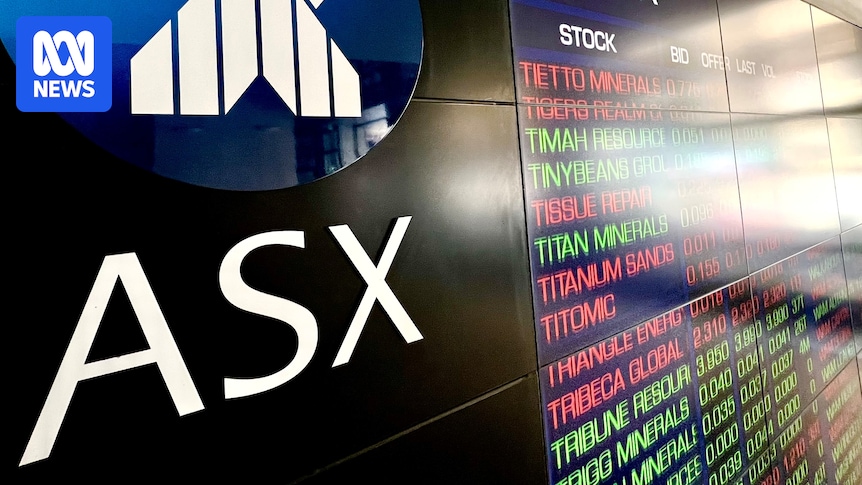
China has accused the United States of inciting panic over its rare earth export controls, following remarks by US Treasury Secretary Scott Bessent that Beijing described as “grossly distorted.” The Chinese government rejected a White House appeal to lift the restrictions, which have become a focal point in the ongoing trade tensions between the two economic giants.
The official newspaper of the Communist Party issued a comprehensive rebuttal, countering claims by US negotiators that China could avoid President Donald Trump’s proposed 100% tariffs on Chinese goods by revoking the export controls set to commence on November 8. This development comes as both nations strive to maintain market stability ahead of a scheduled meeting between Trump and Chinese President Xi Jinping in South Korea later this month.
Escalating Trade Tensions
He Yongqian, a spokesperson for China’s commerce ministry, criticized the US interpretation of the rare earth export measures, stating it “seriously distorts and exaggerates” the situation. “Provided the export licence applications are compliant and intended for civilian use, they will be approved,” she assured at a news conference.
China’s expanded controls on rare earth exports have raised concerns among global trade negotiators and analysts. There is speculation about whether China intends to mandate that manufacturers worldwide, whose products contain even minimal amounts of Chinese rare earths, must apply for a shipping license. However, He Yongqian clarified that this was not the case.
US Response and Market Reactions
US Trade Representative Jamieson Greer labeled China’s new measures as “a global supply-chain power grab,” expressing hope that Beijing would reconsider their implementation. Meanwhile, Bessent hinted at the possibility of extending the current 90-day tariff truce, which is due to expire around November 9.
Despite a relatively stable period in US-China trade relations following a successful September 19 call between Trump and Xi, recent events have reignited tensions. Wall Street experienced a downturn as investor anxiety was fueled by the renewed trade disputes and concerns over hidden credit stress in the banking sector.
Impact on Wall Street
Wall Street ended the day lower, with regional banks at the forefront of investor concerns. Shares in Zions Bancorporation fell sharply after the bank disclosed unexpected losses on two California loans. Similarly, Western Alliance faced scrutiny after initiating a fraud lawsuit against a borrower, raising fears about underlying credit issues amid high interest rates.
The S&P 500 dropped 0.6% to close at 6,629, the Nasdaq Composite fell 0.5% to 22,562, and the Dow Jones Industrial Average decreased by 0.7% to 45,952.
Trade uncertainties also contributed to market instability, as Trump’s threat of imposing 100% tariffs on Chinese imports from November 1 loomed large. “The added uncertainty over trade and what it means for the economy is fuelling market instability,” said US Bank Wealth Management strategist Tom Hainlin.
Broader Economic Implications
Despite solid earnings from major banks, the market was weighed down by weaker results from insurers such as Travelers and Marsh & McLennan. Analysts now predict a 9.2% rise in S&P 500 earnings for the third quarter, slightly higher than earlier forecasts, according to LSEG data.
Optimism surrounding artificial intelligence remains mixed. While chipmaker TSMC increased its AI spending forecast, major tech companies like Tesla, Meta, and Palantir saw declines. Salesforce, however, experienced a boost after projecting $US60 billion in revenue by 2030, following a recent cyberattack.
Overall, the situation underscores the fragility of the market, with AI enthusiasm and hopes for interest rate cuts tempered by underlying vulnerabilities. As the trade dispute between the US and China continues to unfold, the economic landscape remains uncertain, with potential implications for global markets.





